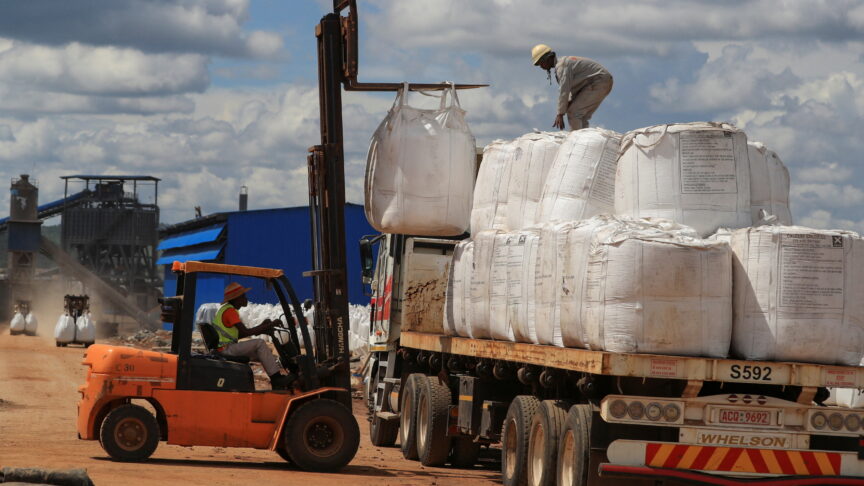A broader watchfulness
While Syrians currently account for almost 20 percent of the 60 million refugees and IDPs worldwide, they are by no means the only ones Europe should focus its attention on. The EU’s failure to foresee the outflow of refugees from Syria, combined with many members’ significant reductions in aid spending since 2008, left the Union unnecessarily vulnerable to the current crisis. The bloc needs to be watchful for more crises, and react faster and better.
The second and third greatest sources of refugees worldwide are Afghanistan and Somalia, but crises across the Sahel have also resulted in mass displacement. There are 2 million IDPs in northern Nigeria due to conflict with Boko Haram. Three quarters of a million South Sudanese have fled into neighboring countries since the country collapsed in 2013. There is strong anecdotal evidence, but few hard numbers, indicating that refugees and migrants are dying in large numbers as they try to cross the Sahara, even before facing the perils of Mediterranean Sea crossings. In December, the EU set up a trust fund to finance the return of migrants to Africa. But new outbreaks of violence in West Africa and the Sahel could place new pressures on weakened multilateral agencies, and drive more refugees towards Europe.
There have been some European action on this front. A growing number of European governments, including Germany, have followed the lead of France and the Netherlands and sent troops to stabilise Mali, one potentially worrying conduit for refugees and terrorists heading for Europe. EU members have also boosted their support to Nigerian and West African efforts to suppress Boko Haram and, to a lesser extent, reconstruct South Sudan.
And just as the best way to manage financing for Syria would be to run it through a single agency, Secretary-General Ban Ki-moon has recently proposed the creation of a single mechanism to manage international aid to other protracted crises, such as those in Darfur and Somalia. This will be a topic of discussion at the World Humanitarian Summit in Istanbul this May, a supposedly major opportunity to overhaul humanitarian aid that many diplomats will be wasted because participants are too focused on Syria and other very immediate crises.
Despite their natural focus on the eastern Mediterranean, European governments should approach the summit with a positive attitude to Ban’s proposed humanitarian reforms – which also include proposals on directing more support to countries that host refugees rather than international bureaucracies – in the hope of averting future Syria-type crises.
While this is a matter of self-interest for Europe, it could also help preserve the EU’s battered global brand. If EU members appear too parochial and paranoid in dealing with the plight of IDPs and refugees, they will forfeit their long-standing claim to be leaders in the humanitarian field in future. African governments, and other states worldwide, are less likely to respect international refugee conventions if European states have ostentatiously given up on them. Like it or not, humanitarian assistance is also a significant source of European leverage in Africa at a time when China and other Asian countries are gaining influence there. The EU struggled to keep pace with the Ebola outbreak in West Africa in 2014. It should be ready to react more effectively to humanitarian crises there in the near future.
The European Council on Foreign Relations does not take collective positions. ECFR publications only represent the views of their individual authors.


